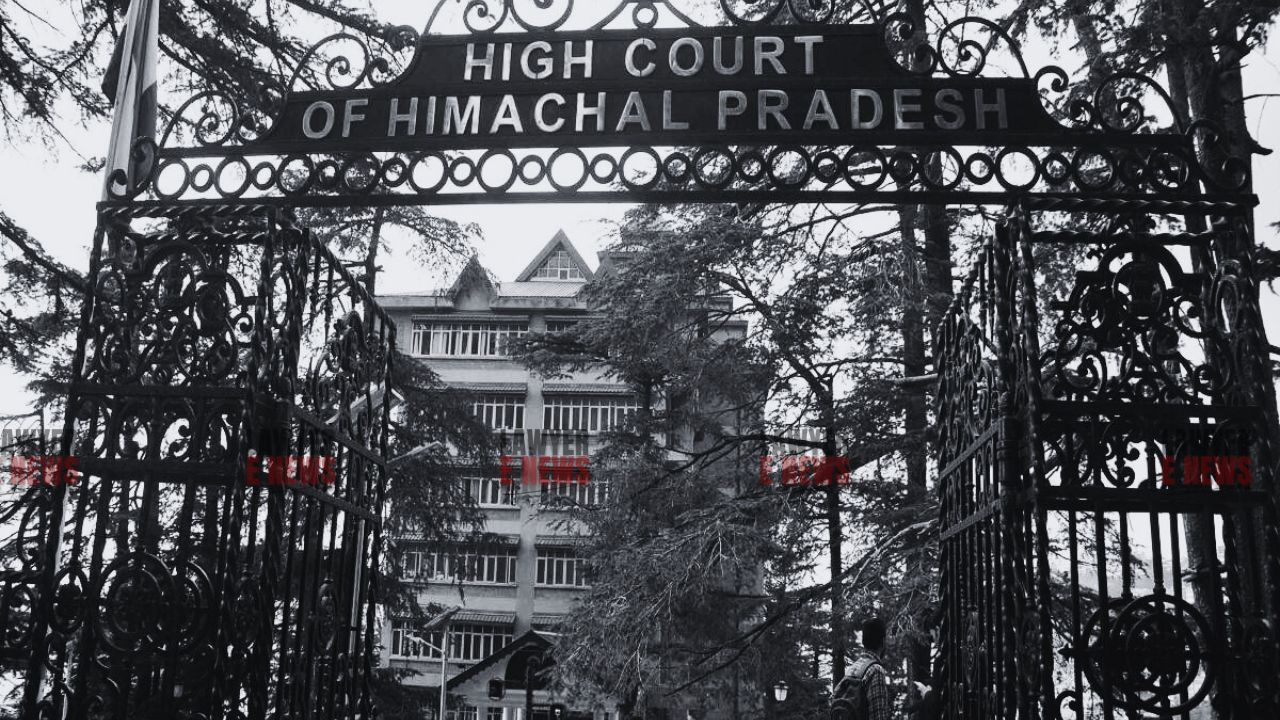-
by Admin
15 February 2026 5:35 AM



Himachal Pradesh High Court in M/s Nashintu Auto Care & Anr. v. Punjab National Bank (Criminal Revision No. 170 of 2024) set aside the conviction and sentence of the petitioners under Section 138 of the Negotiable Instruments Act, 1881 after the parties entered into a compromise under the One Time Settlement (OTS) Scheme. The court allowed the criminal revision, quashed the judgments of the lower courts, and acquitted the petitioners, while also directing them to pay litigation costs and a compounding fee.
The case arose from a cheque dishonour complaint filed by Punjab National Bank against M/s Nashintu Auto Care for issuing a cheque of ₹7,35,375/- which was dishonoured due to insufficient funds. The bank initiated proceedings under Section 138 of the Negotiable Instruments Act, which penalizes the issuance of dishonoured cheques.
The trial court convicted the petitioners on April 25, 2023, sentencing them to one year of simple imprisonment and ordering them to pay compensation of ₹8,70,000/- to the bank. The conviction and sentence were upheld by the appellate court on December 19, 2023.
The petitioners then approached the High Court in revision, seeking to challenge the judgments of the lower courts and their conviction.
"Compromise Between Parties Under One Time Settlement Scheme"
During the revision proceedings, the parties informed the court that they had reached a settlement under the One Time Settlement (OTS) Scheme offered by the complainant bank. The petitioners paid the settlement amount, and the bank expressed no objection to compounding the offence under Section 147 of the Negotiable Instruments Act, which allows for the compounding of offences under Section 138.
Justice Sandeep Sharma, noting that the matter had been settled amicably and that the complainant had received the full settlement amount, ruled:
"Since the accused has paid the amount in question to the complainant under the One Time Settlement Scheme, and the complainant has no objection, the offence is compounded in terms of Section 147 of the Act and as per the guidelines in Damodar S. Prabhu v. Sayed Babalal H., (2010) 5 SCC 663." [Para 8]
In light of the settlement, the court quashed the conviction and sentence passed by the lower courts, stating:
"The impugned judgments of conviction and sentence dated 19.12.2023 and 25.04.2023/12.05.2023, passed by the learned Courts below, are quashed and set aside, and the accused is acquitted of the charge framed against him under Section 138 of the Act." [Para 9]
The court also ordered the release of any amount deposited by the accused in connection with the case and directed the accused to pay ₹10,000/- as litigation costs to the complainant and 5% of the cheque amount as a compounding fee to the Himachal Pradesh State Legal Services Authority.
The High Court allowed the criminal revision petition, quashed the conviction and sentence under Section 138 of the Negotiable Instruments Act, and ordered the release of any deposited amount to the accused.
Date of Decision: October 18, 2024
M/s Nashintu Auto Care & Anr. v. Punjab National Bank, Criminal Revision No. 170 of 2024
